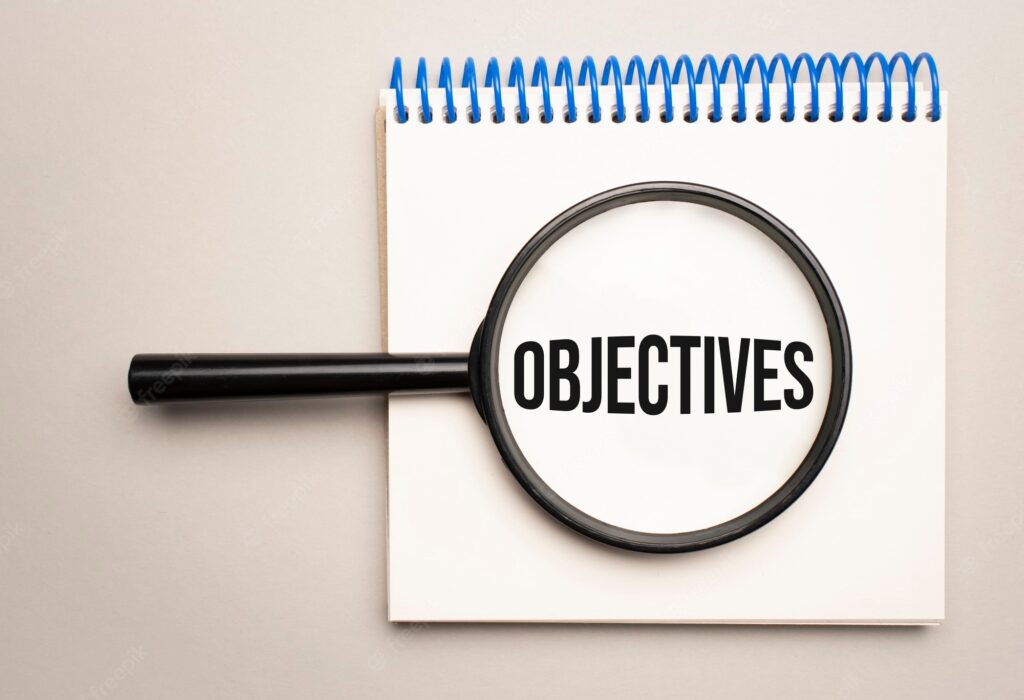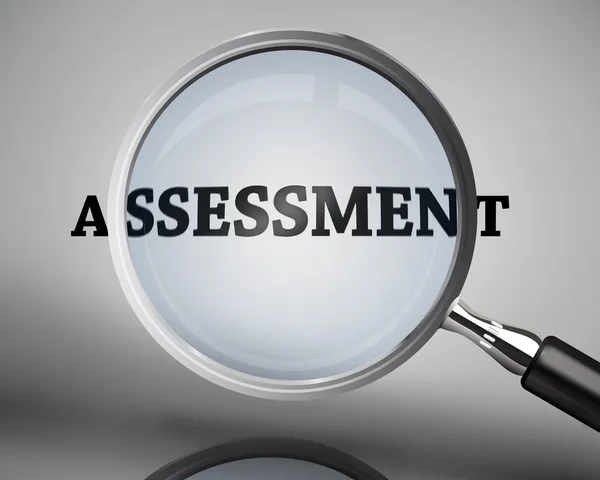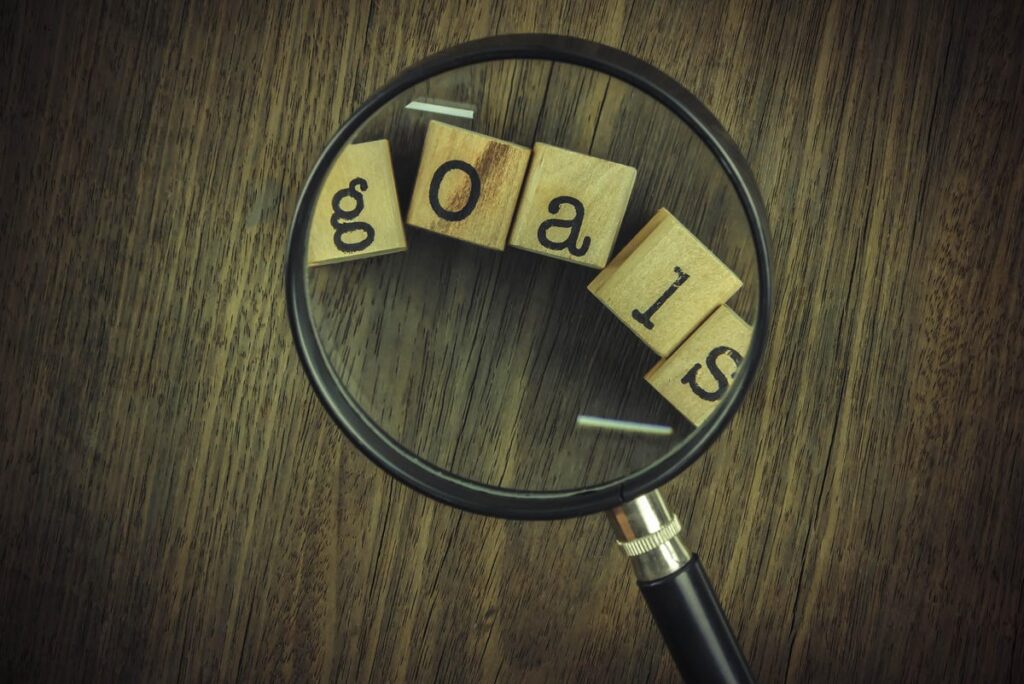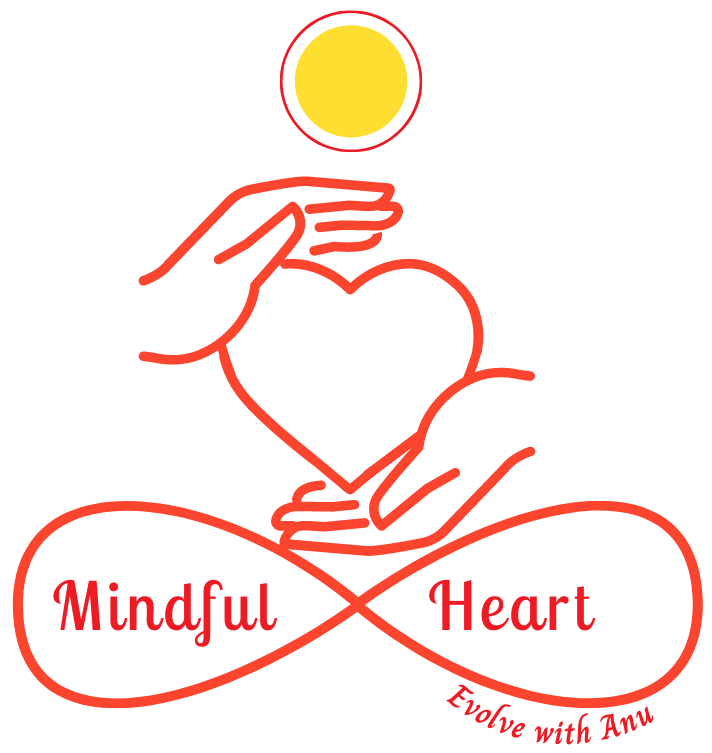Coaching
Coaching
Coaching
Coaching is unlocking a person’s potential to maximise their own performance. It is helping them to learn rather than teaching them
-John Whitmore
(Coaching for Performance)
“The essential part of coaching is to help people to learn to silence their inner voice and allow their instincts, or their subconscious, to take over. Sometimes that means distracting it, and sometimes it’s about exploring the ‘worst case scenario’ and removing the fear.”

The first thought which rushes to our mind when we think about coaching is about sports coaching. This is because coaching is very well-developed in the sports arena. Coaching helps them to learn rather than teaching them. Hence, coaching has traditionally been associated with sports. Every top athlete has a coach.
Business (and Professional) Coaching helps an entrepreneur / employee be flexible and adapt to changing business environment which is essential for survival in a competitive business market. Coaching aids in quickly adapting to every kind of change in today’s business world.
Personal Coaching sessions unlock hidden resources and potentials of an individual. Coaching creates an atmosphere of trust and confidence, where a person discovers inner resources that they may not have known. It helps the Coachee to see various ways of achieving their goals.
Comprehensive Coaching program helps an individual to unleash their potential as an individual and balance their Professional and Personal life. Important steps of Coaching are:
Establish The Objectives
The beginning of any coaching interaction needs to start with a clear purpose. The purpose tends to be one of three types of conversations: developmental (optimizing strengths), career (preparing for another role), or performance (overcoming obstacles or dealing with performance gaps).
- What would you like to have accomplished at the end of this conversation?
- What does success look like when we are finished today?
- What would you like to achieve because of our time together?
It is important to ask and confirm this objective so there is mutual understanding and agreement. Clearly mutual agreement can be challenging when there is a performance gap, however this is the first step in creating a successful coaching conversation and needs to be clarified as much as possible.


Understanding Through Assessment
This is a key step in any coaching conversation in which the coach asks insightful questions, actively listens, is comfortable with silence, and sees the situation through multiple perspectives. Leaders may assume they know the situation already or feel they have all of the facts. However, it is critical to create a safe, accurate, and positive environment for the coaching participants to open up, self-discover, and effectively work with the coach.
- What three things did you learn from this past project?
- What three things will you do differently in the future?
- What three skills are you actively working on to develop yourself for future roles?
Providing Feedback
This step provides the opportunity for the coach to share observations with the coachee. In the role of a coach, it is important to allow the other person to identify their own focus areas whenever possible. However, hearing fact-based observations and suggestions from the coach is a powerful source for increasing self-awareness and seeing new ideas. Connect the feedback to the purpose of the conversation, focus on the behaviour and not your own interpretation of the behaviour, and emphasize the impact of the behaviour and how it helps or hinders the coachee from accomplishing the desired business and people results. Consider making these kinds of statements:


What is Goal Setting?
Goal setting is where the assessment and feedback turn into action to accomplish the purpose of the conversation. It is an important step in helping the coachee move forward and achieve a positive outcome. Guide the coachee to select a measurable goal that will stretch and challenge them.
- What are the three specific actions that will help you succeed?
- When will you accomplish these actions?
- How do these specific actions align with your overall performance targets?
Following Up With Support
This last step ensures accountability and provides encouragement to the coachee as they reach their goals. Unfortunately, this step is too often forgotten or not valued. Following up on the coachee’s agreed upon goals is critical in making sure actions happen. To this end, a great coach exhibits two skills: 1) recognizing progress and wins, and 2) encouraging the coachee to manage through obstacles and secure the needed guidance to be successful. These two skills are essential to implementing and supporting action plans.
- Who will support and celebrate with you in accomplishing your goals?
- What are possible obstacles that might prevent you from accomplishing them?
- When will we follow up again to check on your progress?.
